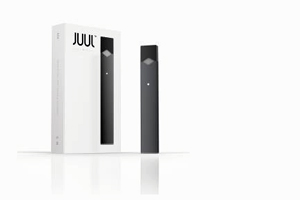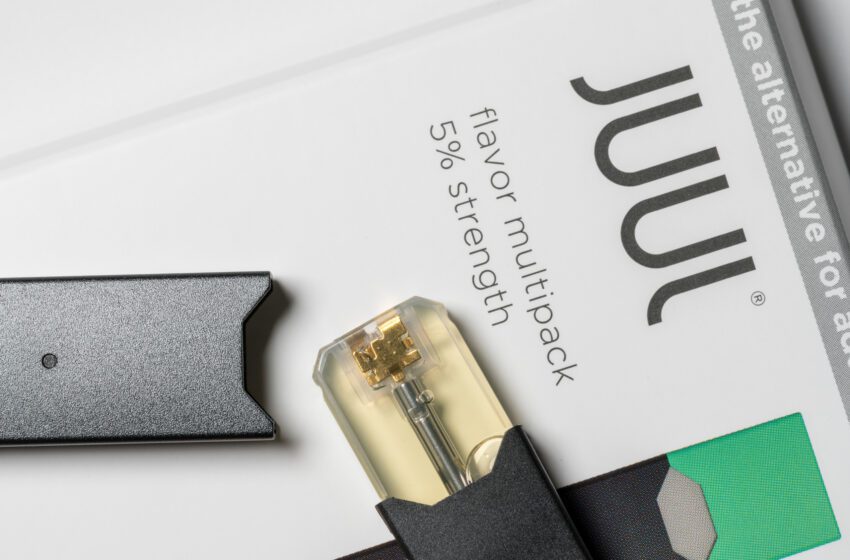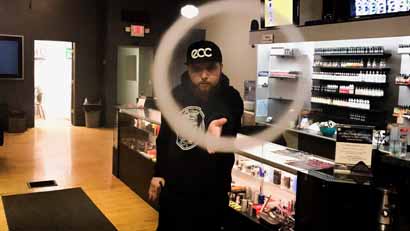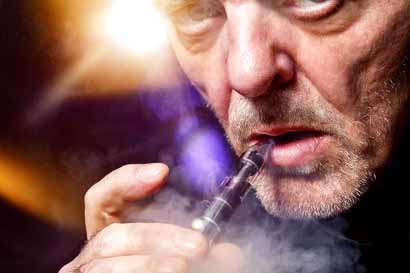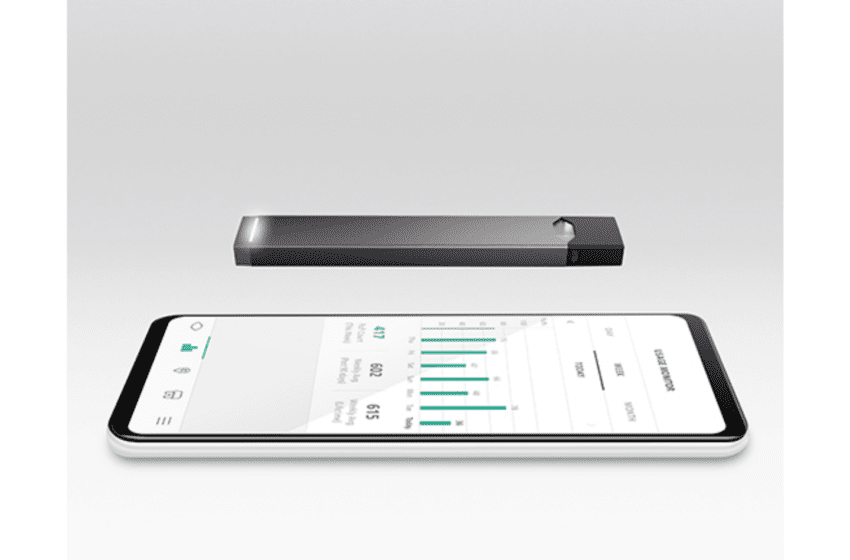The Vapor Technology Association (VTA), Vapor Stockroom (VSR) and others filed a lawsuit in federal court against the U.S. Food & Drug Administration (FDA), among others, over its unreasonable and arbitrary pre-market tobacco application (PMTA) process and the recently accelerated PMTA filing deadline.
Plaintiffs are taking action to require FDA to publish and complete the long-promised “foundational rules” describing the specific requirements for PMTAs. In addition, Plaintiffs are asking the court to enjoin FDA from enforcing the May 2020 PMTA deadline or taking enforcement action against companies that do not have a PMTA on file until a reasonable period of time after the actual foundational rules are finalized.
With over 3 million vapor products registered with FDA, the arbitrary May 2020 PMTA deadline which FDA is currently enforcing is simply impossible to meet for thousands of small and mid-sized vapor businesses, particularly in the absence of a draft or final PMTA Rule, according to a VTA press release. Any final PMTA Rule must allow sufficient time to conduct the many complex and time-consuming tests and studies currently being required by FDA, the release states.
Since 2016, FDA has provided five different PMTA submission deadlines: August 8, 2018; November 8, 2018; August 8, 2022; August 8, 2021; and now May 12, 2020. The most recent deadline was only just established on July 12, 2019 – leaving only 10 months for vapor industry manufacturers to comply, which is now 27 months earlier than previously set by FDA.
“FDA’s constantly shifting regulatory process is wholly unreasonable, unfair and unlawful. The Agency has failed to provide advance notice or an opportunity for public comment as required by the Administrative Procedure Act. Grossly accelerating the deadlines and then repeatedly changing the already onerous requirements is unacceptable under any regulatory regime, but this is especially true for vapor products when FDA itself warns that ‘it is likely that there would be a mass market exit of ENDS products’ that ‘could adversely affect the public health,’” said Tony Abboud, executive director of the VTA.
The PMTA application is by far the most arduous of the many regulatory requirements governing ENDS products, and requires a complex, multi-year, multi-million-dollar process that FDA has still failed to fully articulate despite its repeated promises to do so, the release states.
“To be clear, no business could rationally have been expected to start conducting complex PMTA testing before FDA finally published its PMTA guidance document on June 11, 2019, the day before it asked the Court to impose a 10-month PMTA deadline,” said Abboud.
Facts set forth in the complaint are that, even with unlimited resources, there are not enough labs, there are not enough subjects, and there are not enough hours in the day to properly conduct the scientific inquiries that the FDA only just laid out on June 11, 2019, by the May 2020 deadline.


